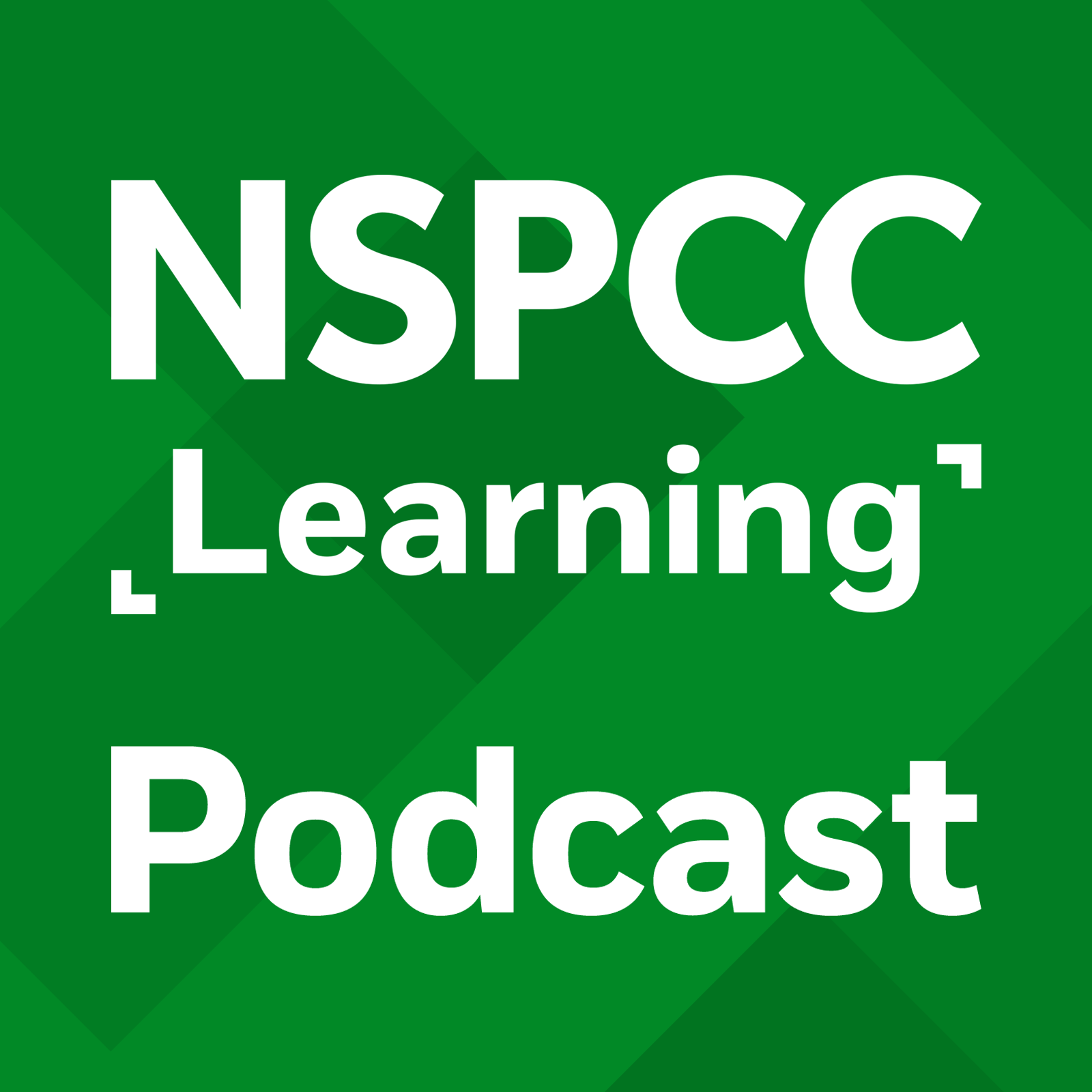

NSPCC Learning Podcast
NSPCC Learning
Welcome to the NSPCC Learning Podcast - a series of episodes that cover a range of child protection issues to inform, create debate and tell you about the work we do to keep children safe. At the heart of every episode is the child’s voice and how what they tell us informs the work we do. If you are looking for more safeguarding and child protection training, information and resources, please visit our NSPCC Learning website.
Intro/outro music is Lights by Sappheiros [http://goo.gl/YmnOAx]
Intro/outro music is Lights by Sappheiros [http://goo.gl/YmnOAx]


